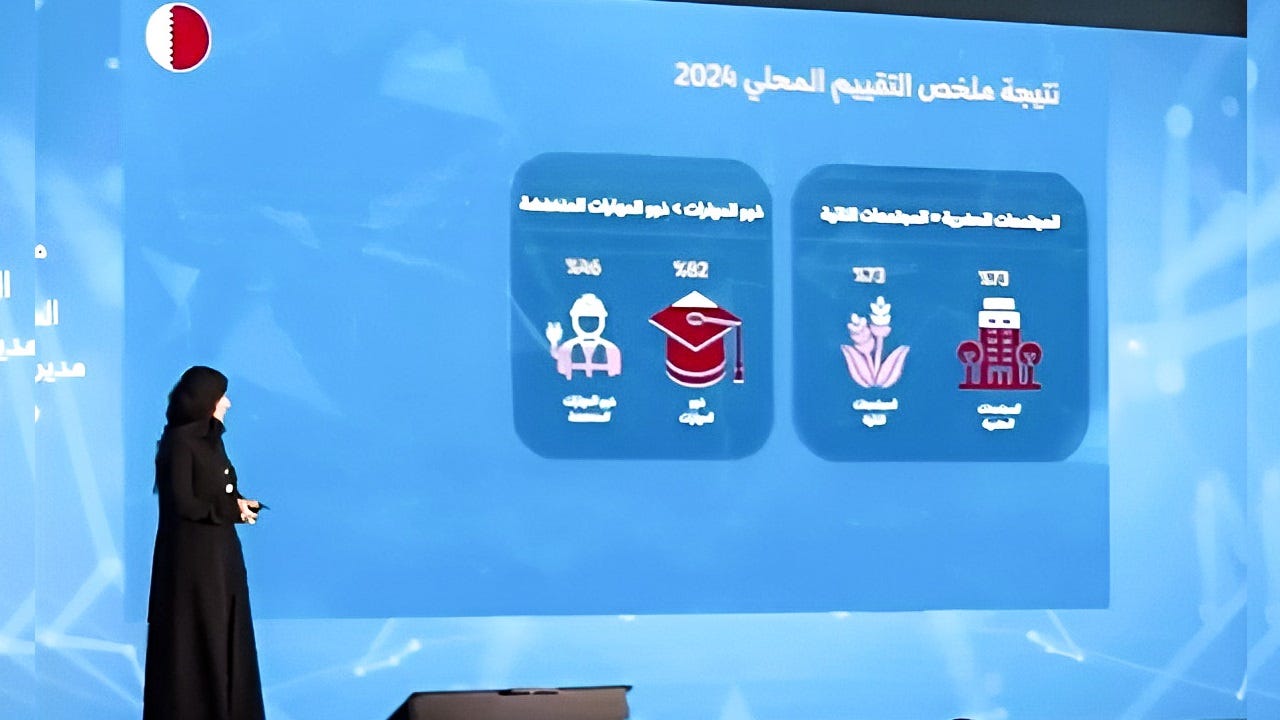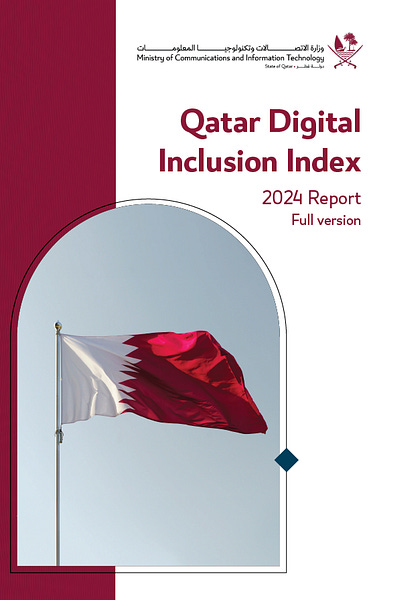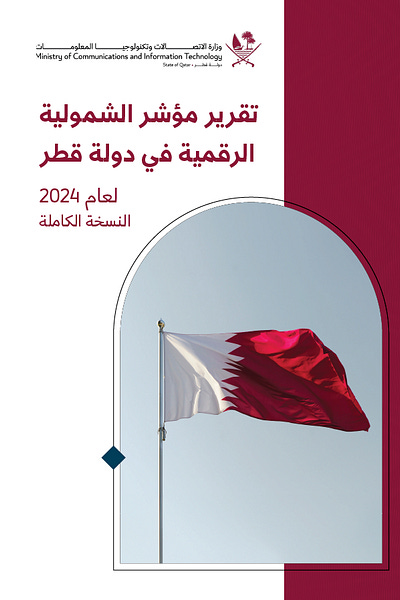Qatar launches 2024 Digital Inclusion Index Report
New Digital Inclusion Index to measure Qatar's digital progress
#Qatar #digitalindex - Qatar's Ministry of Communications and Information Technology (MCIT) has launched its 2024 Digital Inclusion Index, highlighting the nation's progress in ensuring equitable access to digital services for all citizens. The report highlights the Gulf states progress in digital inclusion as a cornerstone of the Digital Agenda 2030 and Qatar National Vision 2030. The new report provides insights for seven key pillars of Qatar’s digital strategy: Accessibility, Ability, Affordability, Policies and Regulations, Attitude, Adoption, and Relevance. According to the Ministry, Qatar ranks second regionally and 16th globally in digital inclusion.
SO WHAT? - Qatar has long prioritised digital technologies and invested heavily in them to drive economic and social benefits for the country. The launch of the Digital Inclusion Index reflects Qatar’s commitment to advancing digital equity and ensure an inclusive society. With substantial investments in infrastructure and digital education, and a population of under 3 million, the country is well positioned to ensure digital inclusion.
Here are some key points regarding the new Digital Inclusion Inde.
The Ministry of Communications and Information Technology (MCIT) in Qatar has launched its 2024 Digital Inclusion Index, highlighting the nation's digital progress and aiming to support government efforts to empower all members of society to access digital services at affordable costs.
According to the ministry, Qatar ranks second in the region and 16th globally in terms of digital inclusion. Qatar’s heavy investments in 5G and 4G network coverage have contributed to its high ranking.
The index evaluates digital inclusion across seven key pillars: Accessibility, Ability, Affordability, Policies and Regulations, Attitude, Adoption, and Relevance.
The report emphasises the role of artificial intelligence and IoT in fostering digital trust, with 83% of the population engaged in basic digital activities.
77% of Qatar’s population aged 15 and older have completed secondary education, contributing to increased digital literacy.
Qatar's Digital Agenda 2030 sets future goals to improve digital access by 10%, digital competencies by 30%, and digital trust by 20%.
More than 1.5 million foreign workers have already benefited from the “Better Connections” and “SafeSpace” digital capacity-building programs.
The MCIT is planning targeted programs for groups with lower digital proficiency, such as senior citizens, to bridge the digital gap.
ZOOM OUT - Qatar’s Digital Inclusion Index supports the country’s roadmap for digital transformation and building a digital economy, offering insights into the impact of digital infrastructure investments and policy-making. The report aligns with broader trends in the Middle East, where governments are prioritising digital equity to create more inclusive societies and robust economies.




